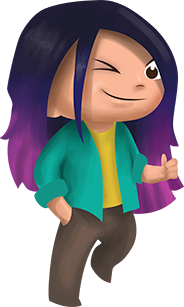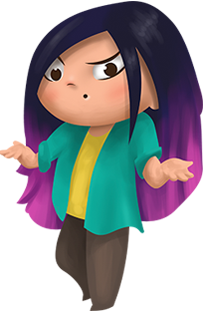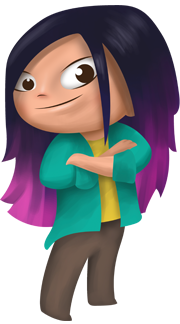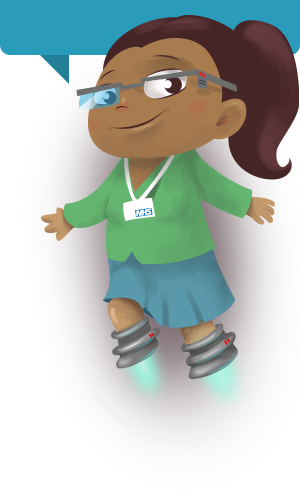

Migraine 
Most children will experience headaches at some point, but if they are happening regularly or include other symptoms, you might have a migraine.
We are still not sure exactly what causes a migraine, but we know that it often runs in families – perhaps your Mum or Dad or one of your grandparents suffer? It can be very upsetting but there are lots of things you can do to help control migraines.
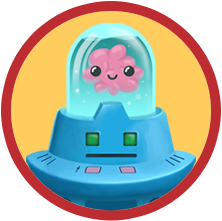
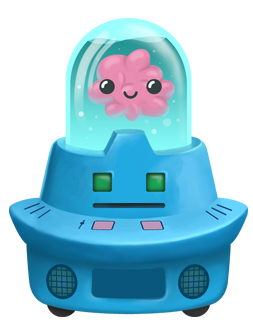 Most children have a ‘trigger’ - something that causes a migraine, like a type of food, a change in the weather, feeling a bit stressed out or even too much time on the computer.
Most children have a ‘trigger’ - something that causes a migraine, like a type of food, a change in the weather, feeling a bit stressed out or even too much time on the computer. What are the symptoms of a migraine?
Before your migraine comes on, you might start feeling like you want to be on your own, feel tired or seem to get angry quickly. You might also want to eat certain foods or not feel like eating at all.
It’s important to remember that everyone’s migraine is different. Some children get a really bad headache but this doesn’t always happen.
You may get something called ‘abdominal migraine’, which could include stomach pains, feeling sick or being sick. You might feel extra sensitive to lights or sounds, see patterns or even have problems talking.
How is a migraine treated?
It’s important to talk to your parents or carers if you are worried that you have a migraine. There’s no special test for it but a doctor will be able to help you find out what’s going on.
You might need some medication to take the pain away. Many children also find that lying down in a dark room and getting some sleep can help them feel a bit better.
If you get migraines, there are a few things you can do to help stop them:
- Eat regular meals
- Get enough sleep
- Drink lots of water
- Do some gentle exercise
Migraines and school
It can be really tricky when you get a migraine at school! Let your teacher and friends know about your migraines and explain how they make you feel.
If your doctor has given you medicine to treat migraines, you should let your teachers know as you might be able to leave some at school.
